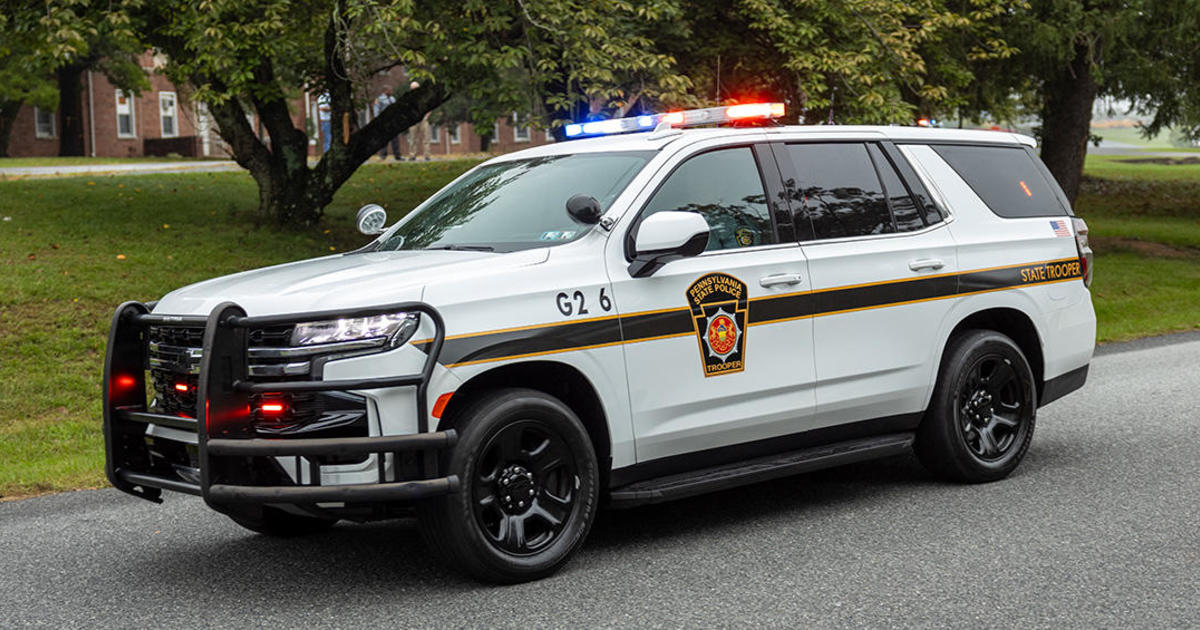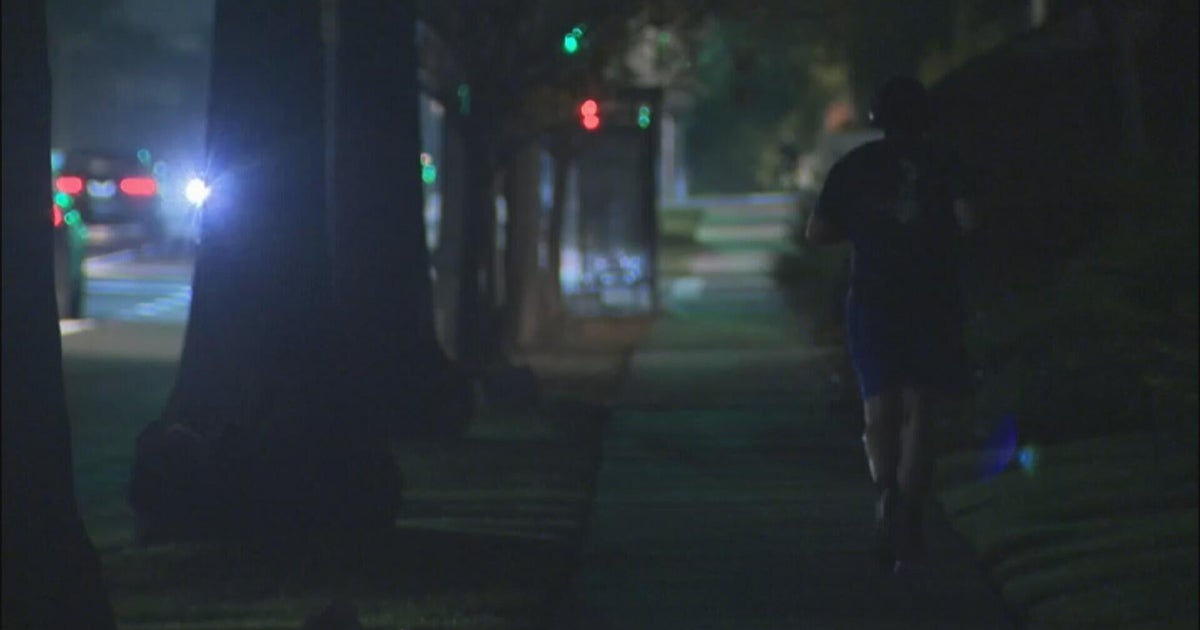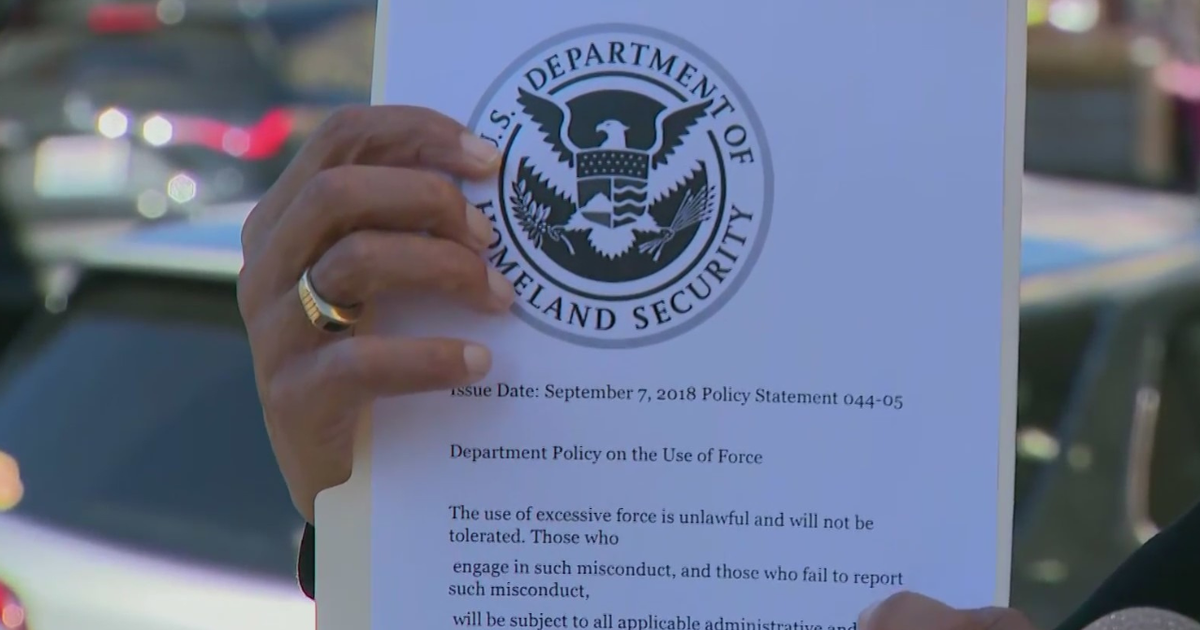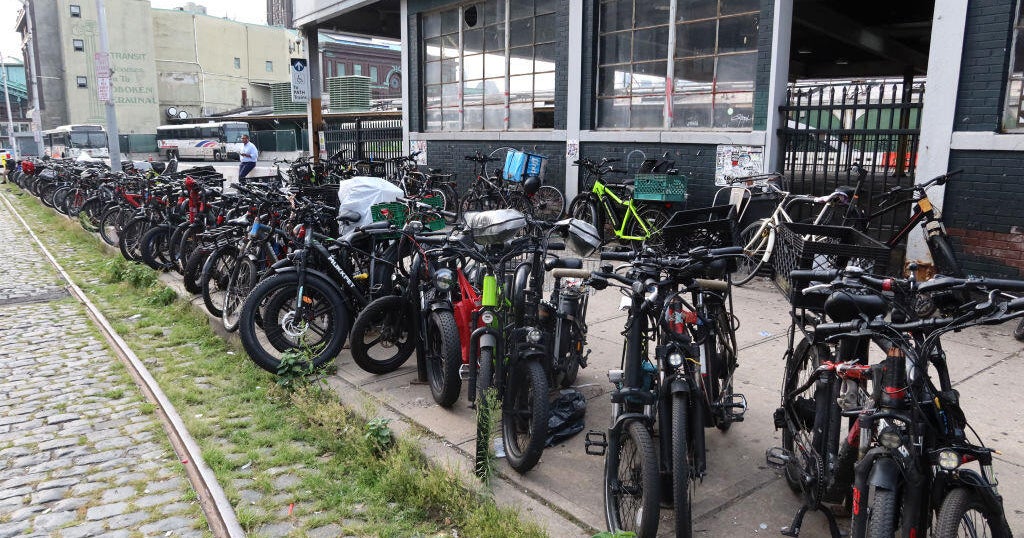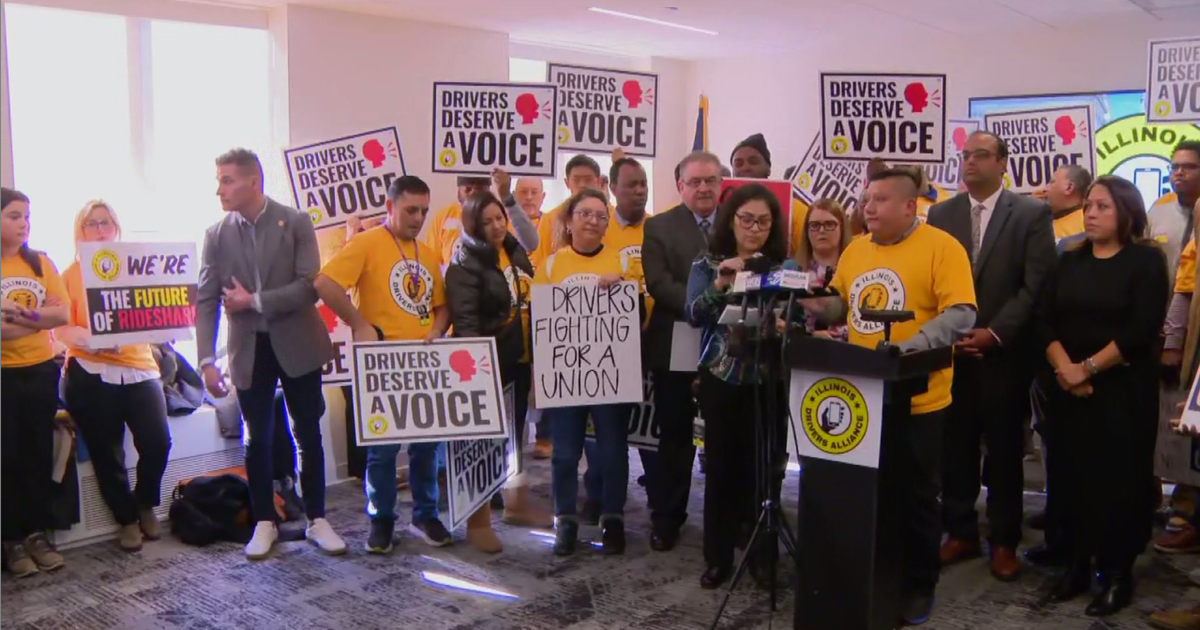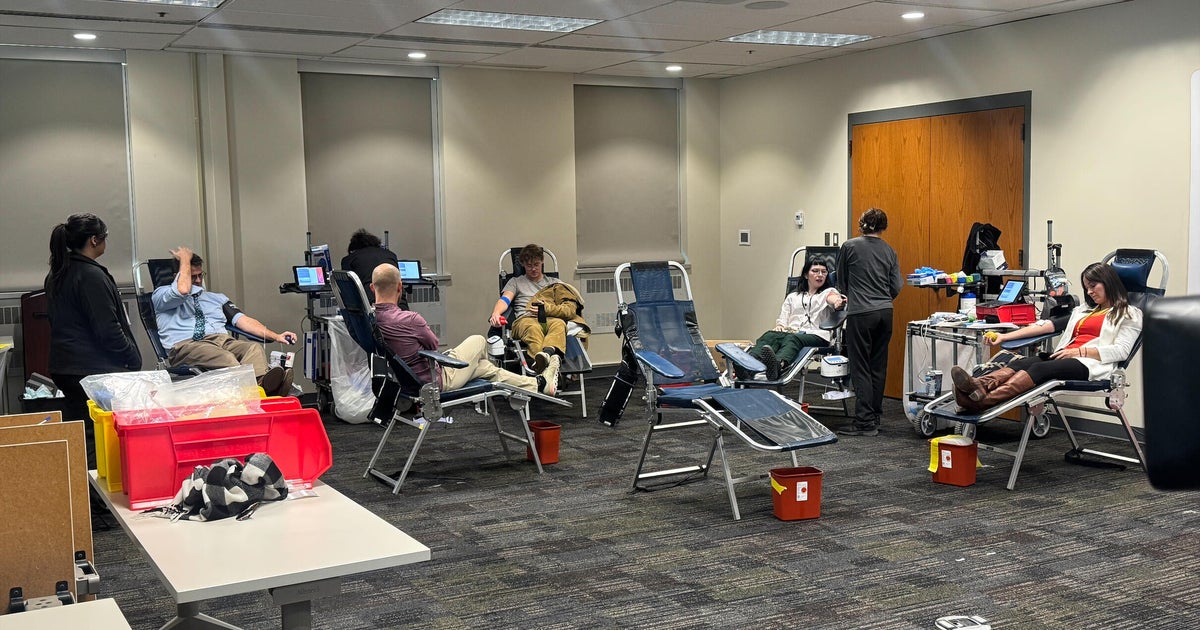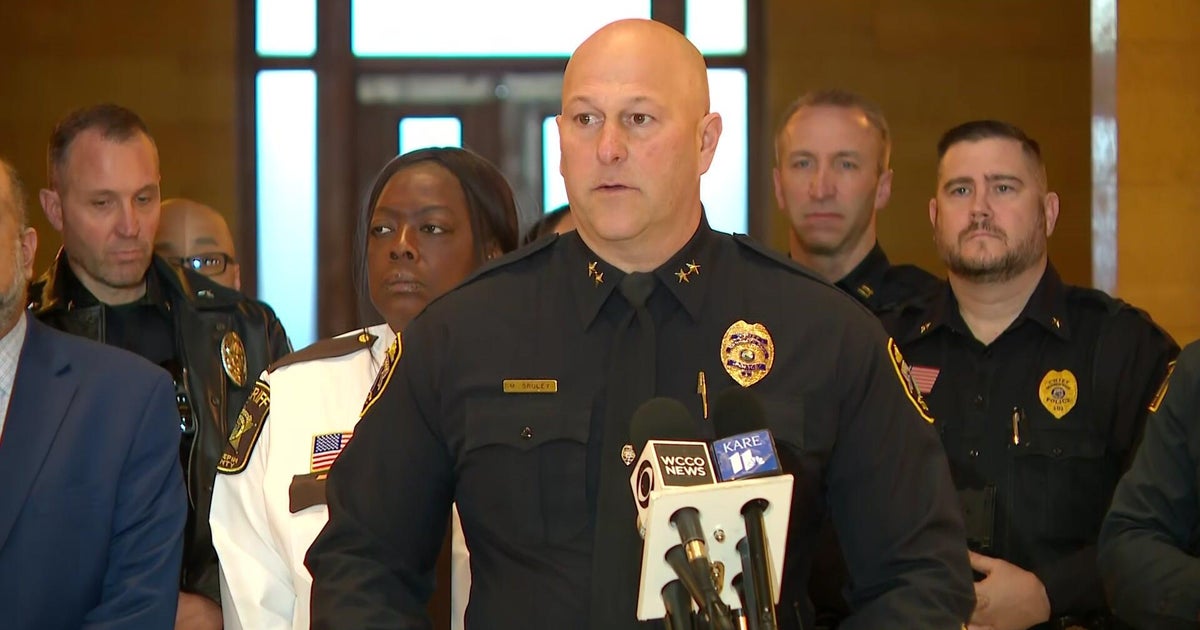Racial Profiling Law Warned Could Remove Officers From Street Patrol
LOS ANGELES (CBSLA.com/AP) — Police unions in Southern California are warning that a new law designed to combat racial profiling could end up drowning personnel in paperwork by being forced to collect data on traffic stops.
Gov. Jerry Brown signed Assembly Bill 953 into law over the weekend in order to give the public and police data to further gauge reports of racial profiling that have become a rallying cry of the Black Lives Matter movement following the deaths of unarmed black men during encounters with police.
Legislators in nearly every state this year proposed measures stemming from the Aug. 9 fatal shooting of Michael Brown, an unarmed black 18-year-old who had scuffled with a white officer in Ferguson, Missouri. Brown's death triggered large protests and repeated clashes between demonstrators and heavily armored police.
Authored by Assemblywoman Shirley Weber, D-San Diego, AB 953 requires agencies to include the race of the person who was stopped, the reason for the stop, and whether the stop resulted in a citation or arrest.
The largest police departments will have to start reporting in April 2019 and the smallest by April 2023.
But several police unions across the state have warned the legislation would require onerous, costly reports and might be unnecessary as police agencies begin using body cameras.
Lieutenant Steve James, president of the Long Beach Police Officers Association, told KNX 1070 NEWSRADIO he fears the new law will only further serve to deteriorate the public's perception of law enforcement officers.
"People don't want to be police officers, and now we're going to take those that are here working and remove them from the field to report this data," said James. "It's going to remove officers from the field, so that is the problem."
It could take as much as 15 minutes to a half an hour for officers to log such information for every stop, adding up to "a ton of police time lost", according to James.
James and other opponents of AB 953 also say such record-keeping, in addition to being time-consuming, could prompt officers to engage in racial profiling against whites to skew the statistics.
For activists such as Melina Abdullah, a professor of Pan African Studies at Cal State and a member of the local Black Lives Matter group, however, such legislation is long overdue.
"What the passage of this law means is that we'll finally have data on both vehicular stops and pedestrian stops that help us to understand what's happening in the state of California," she said.
The total cost to state agencies and the California Highway Patrol for the extra reporting has been pegged at $9 million, but supporters argue that collecting such data ultimately could avoid costly financial settlements when police unlawfully kill people.
Twenty-four states have passed at least 40 new measures addressing such things as officer-worn cameras, training about racial bias, independent investigations when police use force and new limits on the flow of surplus military equipment to local law enforcement agencies, according to a recent analysis by The Associated Press.
(TM and © Copyright 2015 CBS Local Media, a division of CBS Radio Inc. and its relevant subsidiaries. CBS RADIO and EYE Logo TM and Copyright 2015 CBS Broadcasting Inc. Used under license. All Rights Reserved. This material may not be published, broadcast, rewritten, or redistributed. The Associated Press contributed to this report.)

